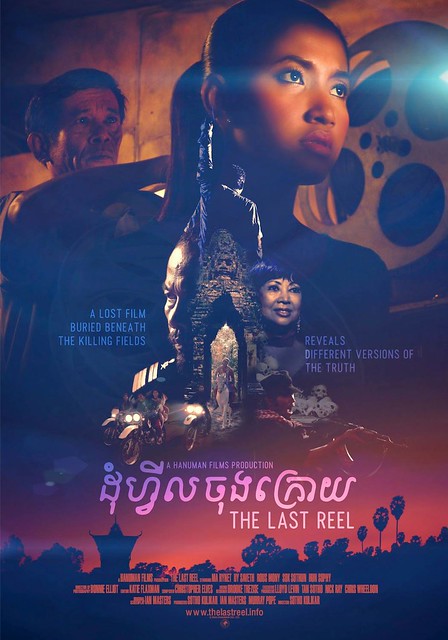
The 1959 film Hiroshima Mon Amour (二十四時間の情事) will play at the Melwood Screening Room in Oakland (map) on August 5, one day ahead of the anniversary of the 1945 atomic bombing of Hiroshima. A summary from a 2014 Village Voice review:
Emmanuelle Riva is a haunted French actress on location in Japan; Eiji Okada is a married architect indulging her for a two-day impromptu, and as their memories and stories commingle, the past — of the Hiroshima bombing and of occupied-Europe guilt and heartbreak — rises like floodwaters. Bedevilingly stylish even as it flirts with neurotic navel-gazing, Resnais's ruminative classic is merely the first salvo in his career's exploration of why we shape life into storytelling — and how sometimes we fail.A 1960 New York Times review:
A viewer, it must be stated at the outset, needs patience in order to appreciate the slow but calculated evolvement of the various levels of the film's drama, despite its fine, literal English subtitles. Neither M. Resnais nor Mlle. Duras are direct in their approach.The showtimes are not yet posted, but will eventually be on the theater's website. August 5
For the first fifteen minutes, our lovers, in intimate embrace, seemingly are savoring the ecstacies of their moment. Simultaneously, however, they are discussing Hiroshima, the 200,000 dead, the remembrance (shown in harrowingly stark newsreel and documentary footage of that monumental holocaust) of that frightful period in history. It is, in striking effect, an oblique but vivid reminder of the absolutes of love and death.









